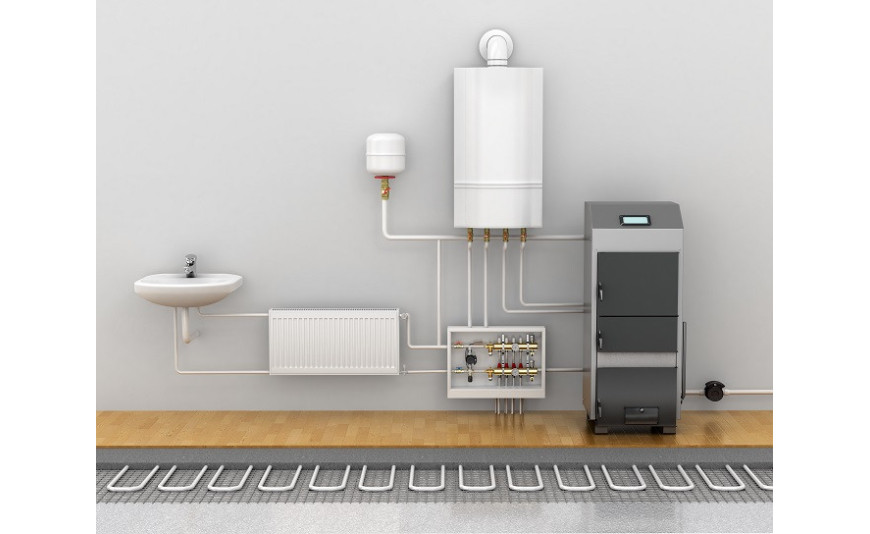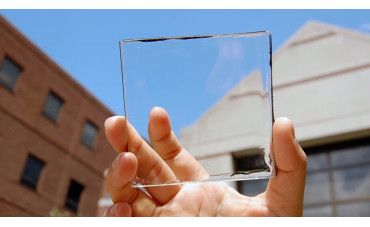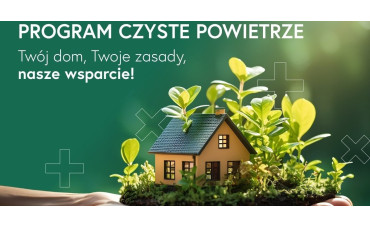The End of the Era of Gas Boilers in Poland by 2040: A Challenge for Consumers and the State

Europe is heading towards a more sustainable future, making decisions aimed at phasing out fossil fuels from the construction sector. The agreement between the European Commission, the European Parliament, and the EU Council regarding the amendment of the Energy Performance of Buildings Directive sets clear targets - by 2040.
By 2040, buildings in the EU will no longer be allowed to be heated with fossil fuels, including gas.
In Poland, where gas boilers are popular, this change may pose a challenge. The Clean Air Program has contributed to the purchase of 230,000 gas boilers since 2018, highlighting how common these appliances are.
However, key deadlines related to the phasing out of gas boilers in Poland are already established. From 2030, they will not be installed in new buildings, and from 2027, energy from these boilers will incur an additional charge. It is expected that fuel sellers will pass these costs onto consumers, which may significantly raise prices.
for gas heating.
However, there are some exceptions, such as prior funding under various programs. Nonetheless, the introduction of ETS 2 will make the use of gas increasingly expensive after 2027.
The costs of gas heating will rise year by year, according to estimates from the Energy Forum. The emission of one ton of CO2 in 2027 may cost 225 zlotys, and in 11 years already over 1,000 zlotys. In 2037, gas heating will be over 60 percent more expensive than in 2027.
Consequently, alternative, more environmentally friendly energy sources, such as heat pumps or solar collectors, are becoming more attractive for both environmentally conscious consumers and the state, aiming to meet ambitious goals related to
environmental protection.
You must be logged in to post comments






0 Comments